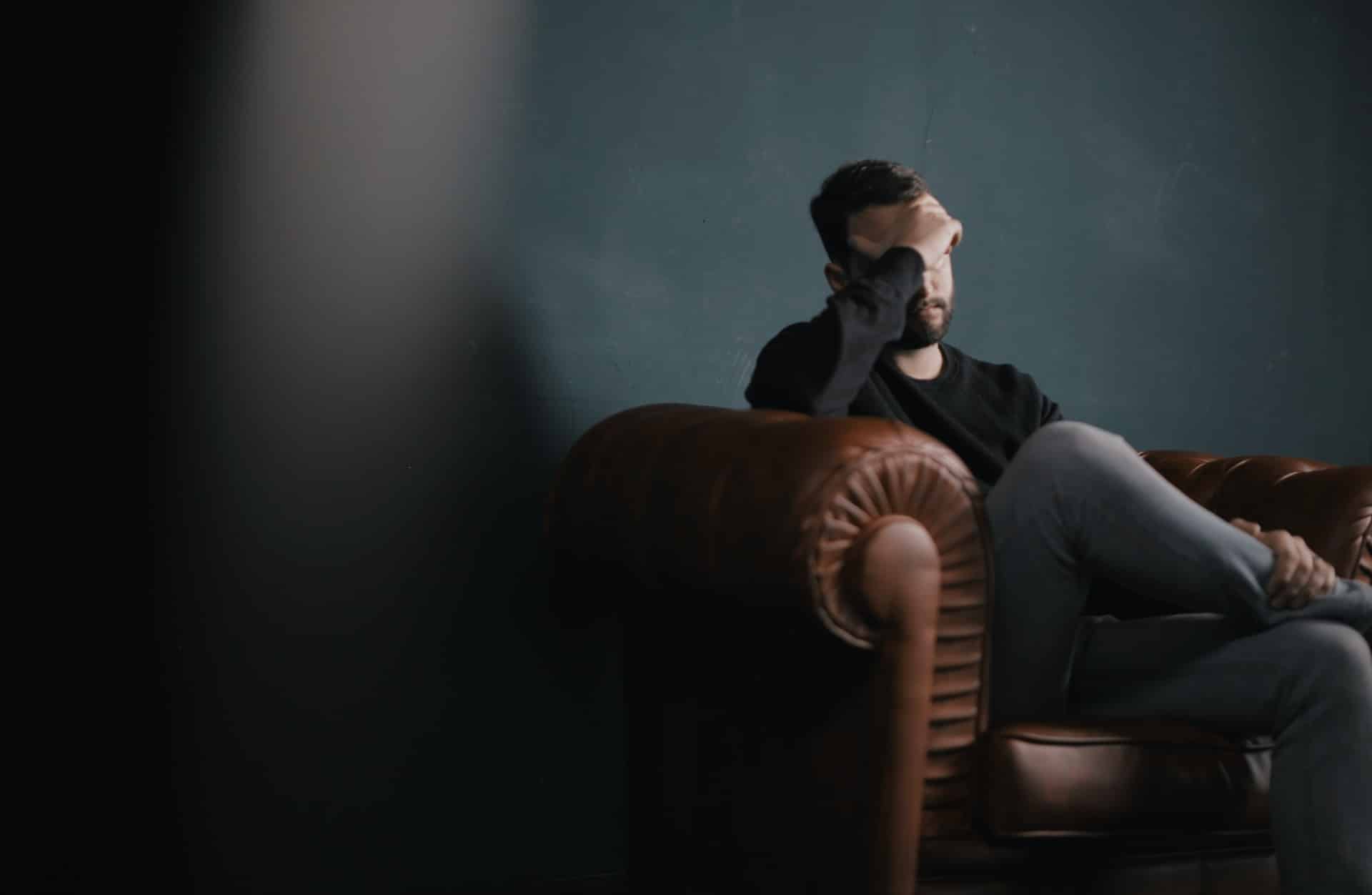Many people have a phobia about memory loss. They might associate it with a condition such as Alzheimer’s. It is scary when you consider it: you could wake up every day in an assisted living facility, not knowing who you are or how you got there.
Alzheimer’s disease is frightening, but it is not the only way to experience memory loss. Doctors are linking concussions, as it turns out, to memory loss as well, especially as they are learning more about them.
We’ll look at the connection between concussion and memory loss in this article.
IMAGE: UNSPLASH
When We Use The Term Concussion, What Do We Mean?
A concussion is:
- A serious brain injury
- Caused by either the head and body shaking violently or a blow to the head
Many things can cause concussions. A car accident would be one example. You might get a concussion through sports, like football, boxing, rugby, baseball, etc. Even if you have a sport that most people don’t consider a “contact sport,” you can still sustain a concussion while playing it under the right circumstances.
What Are Some Concussion Symptoms?
Many symptoms could signal a concussion. Some of them are:
- Excessive fatigue
- Sleepiness
- Vomiting
- Nausea
- Dizziness
A few others include confusion, a general coordination lack, and ringing in the ears. Then there is memory loss.
The University of Pittsburgh did a study. In it, they looked at high school athletes who received concussions during training or a game. They found that these individuals experienced memory loss for up to 36 hours after the event.
How Does Memory Loss Tie Into Concussions?
Even if you’re not a medical professional, if you take the time to think it over, you’ll realize that it makes perfect sense for memory loss to follow a concussion. Your brain has suffered a violent collision. That is bound to affect new memory formation.
Short-term memory loss can come about after a single concussion. You might not remember driving home after a concussion or a discussion that you had with a parent. You may be on autopilot: you can do things that you’d typically do, but then afterward, have no recollection of doing them.
What Triggers Longer-Term Memory Loss?
If you receive a single concussion, as the result of a car accident or a fall, then hopefully, you should recover fully. The chances are high that you will, because it was a single event, and, once it’s over, you can “rest your brain,” so to speak.
However, what if you’re a boxer or a football player? A doctor diagnoses you with a concussion. You accept it as part of the risk you take associated with that activity.
After a week or two, you get back in the ring, or onto the field. You feel more or less okay, and you’re determined not to let a little memory loss, a slight ringing in the ears, or a headache deter you. Athletes usually are very determined, so this scenario is entirely possible.
Then, you get another concussion. This process continues for months or even years. If you’re a professional athlete, then you might be concussed a dozen times or more throughout a long career.
What Happens Then?
The reality is that one concussion isn’t great, but several of them are much worse. Doctors have linked multiple concussions to CTE or chronic traumatic encephalopathy. This is a brain condition that is similar to dementia.
One of the CTE symptoms is memory loss, both short and long-term. If you develop CTE because of too many concussions, then you’re going to struggle mightily. You might get to a condition like what happens with dementia or Alzheimer’s, where you can barely remember who you are or function in the world.
The Case Of Junior Seau
Alzheimer’s and dementia usually happen to adults later in life. Either one can strike early in rare cases, and often, there are genetic indicators for why that happens.
With concussions, though, if they start to pile up, you can start losing both short and long-term memories earlier in life. Football players who experience multiple concussions can struggle with these issues in their twenties, thirties, or forties.
Junior Seau is a prime example of this. He was a fantastic professional football player, but he shot himself in his early forties. The reason, according to those that knew him, is that he was suffering from depression.
That depression stemmed from multiple concussions. There was an alteration to his very brain structure. He experienced not only memory loss, but frightful headaches, disorientation, and paranoia.
What Can You Do To Stop This From Happening?
Sometimes, you get a concussion from a slip-and-fall or something else that you can’t control. If it’s a one-time incident, then again, you should be able to recover fully. But if you’re a high school or college sports star and plan on going pro, then you need to seriously examine your life if you start to rack up those concussions.
There are few things more terrifying than the notion that you’re going to wake up one morning and not know how you are, where you are, or the history that has brought you to that point. All of that, taken together, makes up your life.
It is true to say, then, that you can lose your life from concussions. You might be alive, but without your memories, it won’t be much of an existence. Also, your family and friends will need to take care of you, and do you want to inflict that on them?
You might also end up like Junior Seau: depressed and so haunted that you take your own life. You might not think you could ever do that, but if you have brain damage, you have no idea of your capabilities.
The allure of professional sports and other dangerous activities can be strong. But once you get a couple of concussions, think about how you want to proceed. All your glory won’t mean much if you can’t even remember it.
If you are interested in even more lifestyle-related articles and information from us here at Bit Rebels, then we have a lot to choose from.


COMMENTS